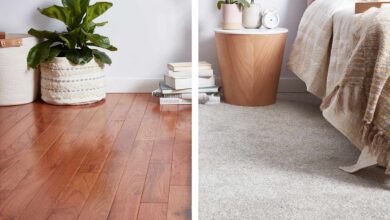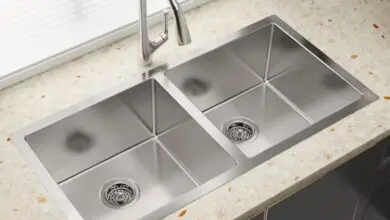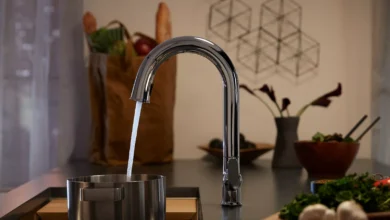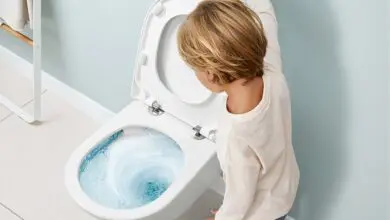What Attracts Rodents to Your Home and How to Prevent It – 2024 Guide
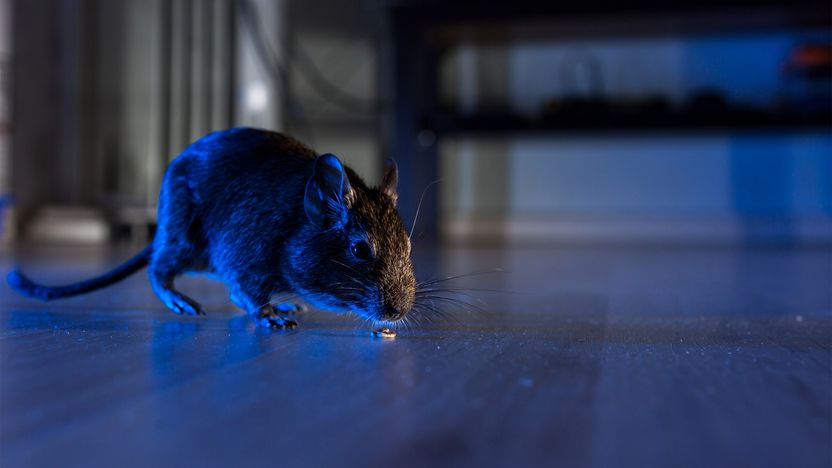
Rodents are unwelcome guests in any home, yet they often find their way in, causing damage and posing health risks to humans and pets. From chewing through electrical wires to contaminating food, rodents can be a costly and frustrating problem for homeowners.
This is where rodent control comes into play. Understanding what attracts rodents to your home and how to prevent their entry is essential to maintaining a clean and safe living environment. By taking the necessary steps to prevent rodent infestations, you can save yourself the hassle and expense of dealing with these pests in the long run.
What Attracts Rodents to Your Home?
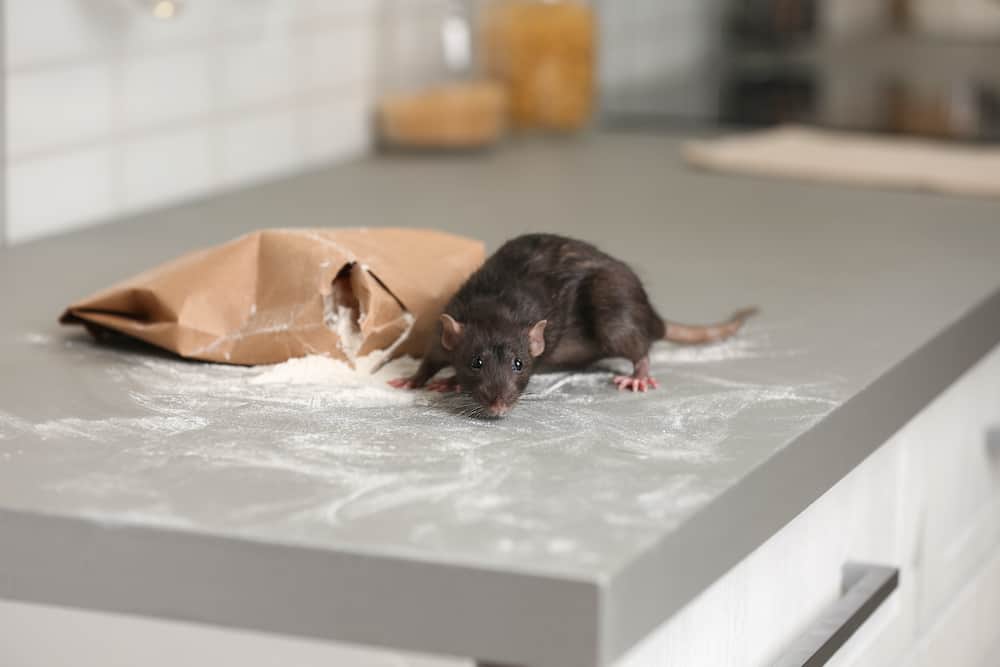
Food
Food is another significant attractant for rodents, and they will go to great lengths to find it. Rodents have an acute sense of smell and can detect even the smallest crumbs or spills. They are attracted to open food containers, including pet food bowls, and will even chew through packaging to get to the contents. In addition to cleaning up spills and storing food in airtight containers, it’s essential to keep your kitchen and dining areas clean and free of clutter. Regularly sweep and mop floors and wipe down countertops to eliminate any food residue that might be left behind. Garbage and compost bins should also be tightly sealed and emptied frequently to prevent odors from attracting rodents.
Water
Water is one of the primary attractants for rodents, and they can detect even the slightest amount of standing water. Rodents need water to survive, and they will go to great lengths to find it, including chewing through pipes or water lines. Leaks or standing water in and around your home can provide a perfect breeding ground for rodents, as well as other pests such as mosquitoes. In addition to fixing leaks and drying out standing water, it’s important to be vigilant about areas where water might accumulate, such as gutters, bird baths, and pet bowls.
Shelter
This is another important attractant for rodents, and they will seek out places where they can nest and hide from predators. They are particularly fond of cluttered areas, such as attics, basements, and storage rooms, as well as outdoor areas that offer shelter, such as woodpiles and bushes. To prevent them from entering your home, it’s essential to eliminate potential nesting sites by decluttering and organizing your home’s interior and exterior spaces. Seal any cracks or holes in your walls, foundation, or roof, as these can provide easy entry points for rodents. Make sure that all doors and windows are tightly sealed and that any vents or chimneys have screens to prevent them from entering.
How to Prevent Rodents from Entering Your Home?
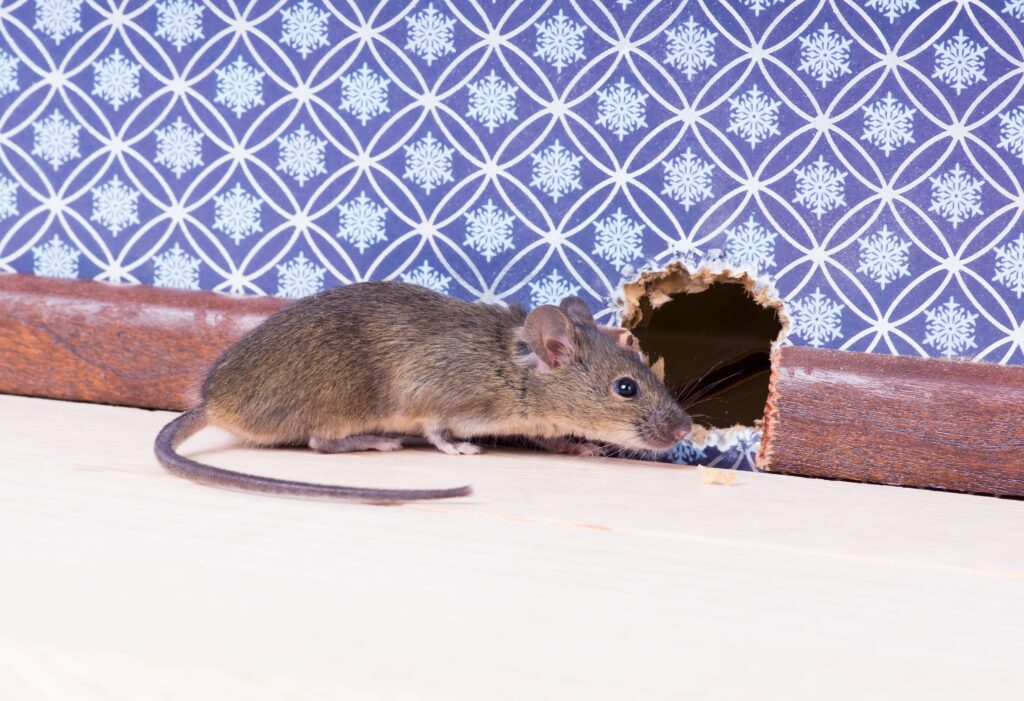
Seal cracks and crevices
Sealing cracks and crevices in your home is an essential step in preventing rodents from entering. Even small openings can provide easy entry points for them, who can squeeze through tiny spaces. They are particularly good at exploiting gaps around pipes, vents, and utility lines, as well as cracks in walls and foundations. By sealing these openings, you can prevent rodents from gaining entry to your home and causing damage or spreading disease.
Eliminate food sources
Eliminating food sources is an essential step in preventing them from entering and thriving in your home. They have a keen sense of smell and will go to great lengths to find food. They are attracted to open food containers, including pet food bowls, and will even chew through packaging to get to the contents. By eliminating food sources, you can reduce the risk of them entering your home and causing damage or spreading disease.
Eliminate standing water
Eliminating standing water in and around your home is an important step in preventing rodents from entering. Rodents need water to survive, and they will seek out even the smallest sources of standing water. Water can accumulate in many areas around your home, including leaky pipes, clogged gutters, bird baths, and pet bowls. By eliminating standing water, you can reduce the risk of entering your home and causing damage or spreading disease.
Keep your home clean
Keeping your home clean is an important step in preventing them from entering and thriving in your living spaces. They are attracted to clutter and debris, which can provide hiding places and nesting materials. By keeping your home clean, you can reduce the risk of them entering your home and causing damage or spreading disease.
Use traps and baits
Using traps and baits is an effective way to control them and prevent them from entering and thriving in your home. Traps and baits can be used to eliminate existing rodent populations or as a preventive measure to discourage rodents from entering your living spaces.
Traps are a humane and non-toxic way to control rodents. There are several types of traps available, including snap traps, live traps, and glue traps. Snap traps are the most common type and are designed to kill them quickly and humanely.
Call a professional
If you have a serious rodent infestation or are unable to control rodents on your own, it may be necessary to call a professional pest control service. Pest control professionals have the experience and knowledge to effectively eliminate rodents and prevent them from returning.
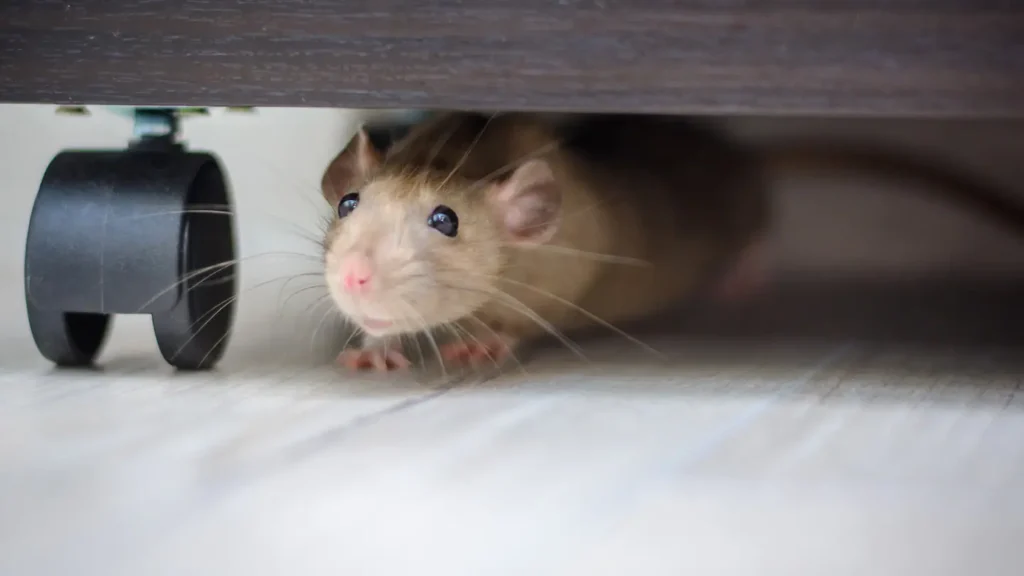
Taking Action to Keep Your Home Rodent-Free
In conclusion, keeping rodents out of your home requires a combination of proactive measures and quick action. By eliminating food, water, and shelter sources, you can make your home less attractive to them and prevent infestations before they start. Regular cleaning and maintenance, such as fixing leaks and removing clutter, can also help reduce the risk of them entering your home. If you do find evidence of rodents, it’s important to act quickly and use traps or bait to control the population. And if the problem persists, don’t hesitate to call in a professional pest control company. By taking action and being vigilant, you can protect your home from unwanted rodent guests and ensure a safe and healthy living environment for you and your family.

